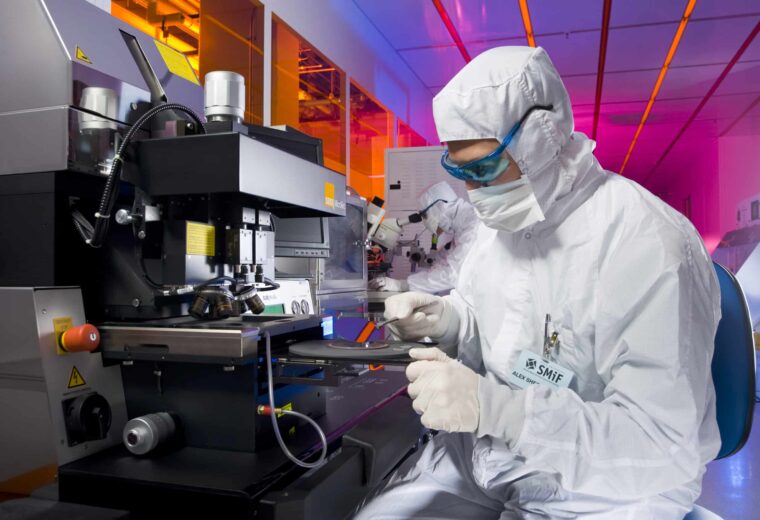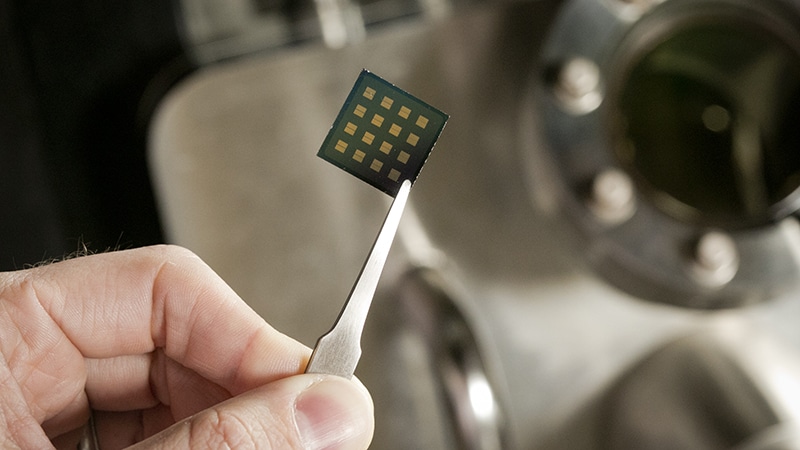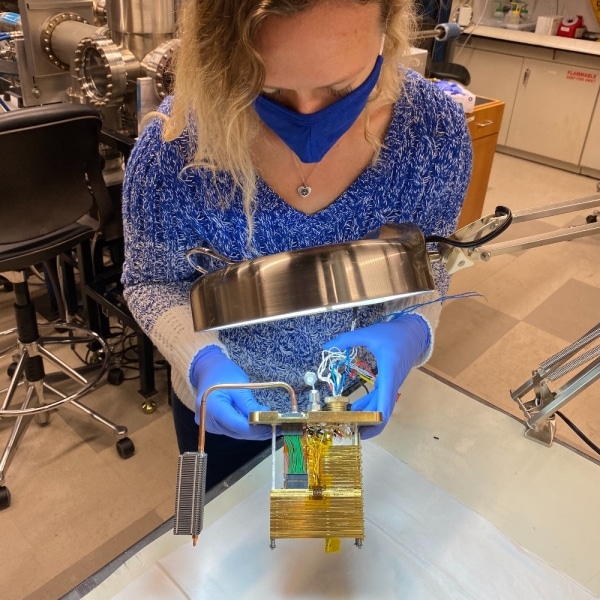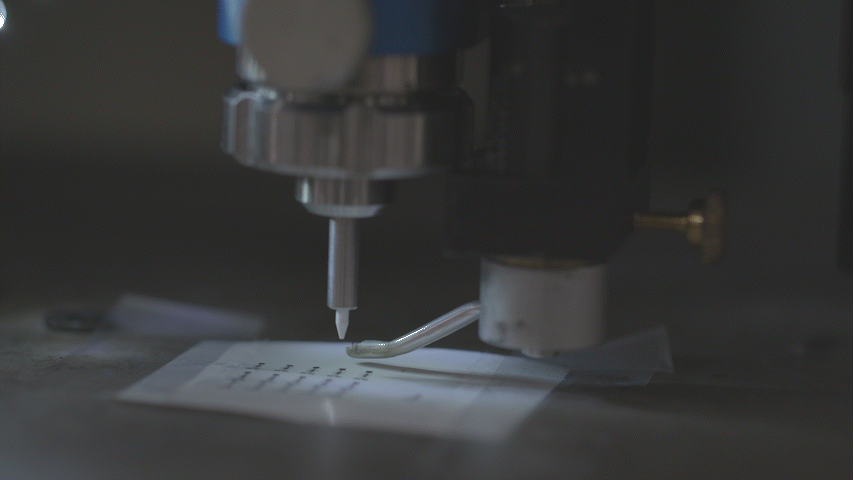
SMIF Continues Taking Materials Research to the Next Level
Duke’s Shared Materials Instrumentation Facility (SMIF) has fostered regional and national collaboration in materials research for over 25 years.

Structuring materials and particles at the tiniest of scales can imbue them with unique electronic, optical, or mechanical properties—engineers in Duke ECE are harnessing these attributes to enable transformative applications, from neuromorphic computing to environmentally friendly printed electronics. We are also working to create self-assembling electronic devices, and exploring the potential of novel electronic materials to enable next-generation chips, high-performance transistors, solar cells, photodetectors, and more.


Duke’s Shared Materials Instrumentation Facility (SMIF) has fostered regional and national collaboration in materials research for over 25 years.

First-of-its-kind demonstration suggests a more environmentally friendly future for the electronics industry is possible

The Shared Materials Instrumentation Facility enables collaboration across disciplines and empowers students to find their place in research

Professor of Electrical and Computer Engineering

Lord-Chandran Distinguished Professor of Engineering

Associate Dean for Faculty Affairs, Addy Professor of ECE

Hogg Family Director of Engineering Management & Entrepreneurship, Professor of ECE

J. A. Jones Distinguished Professor of Electrical and Computer Engineering


Associate Dean for Community-Based Innovation, Professor of ECE

Assistant Professor of Electrical and Computer Engineering
Explore additional specialty research areas in Duke ECE and throughout the Pratt School of Engineering.